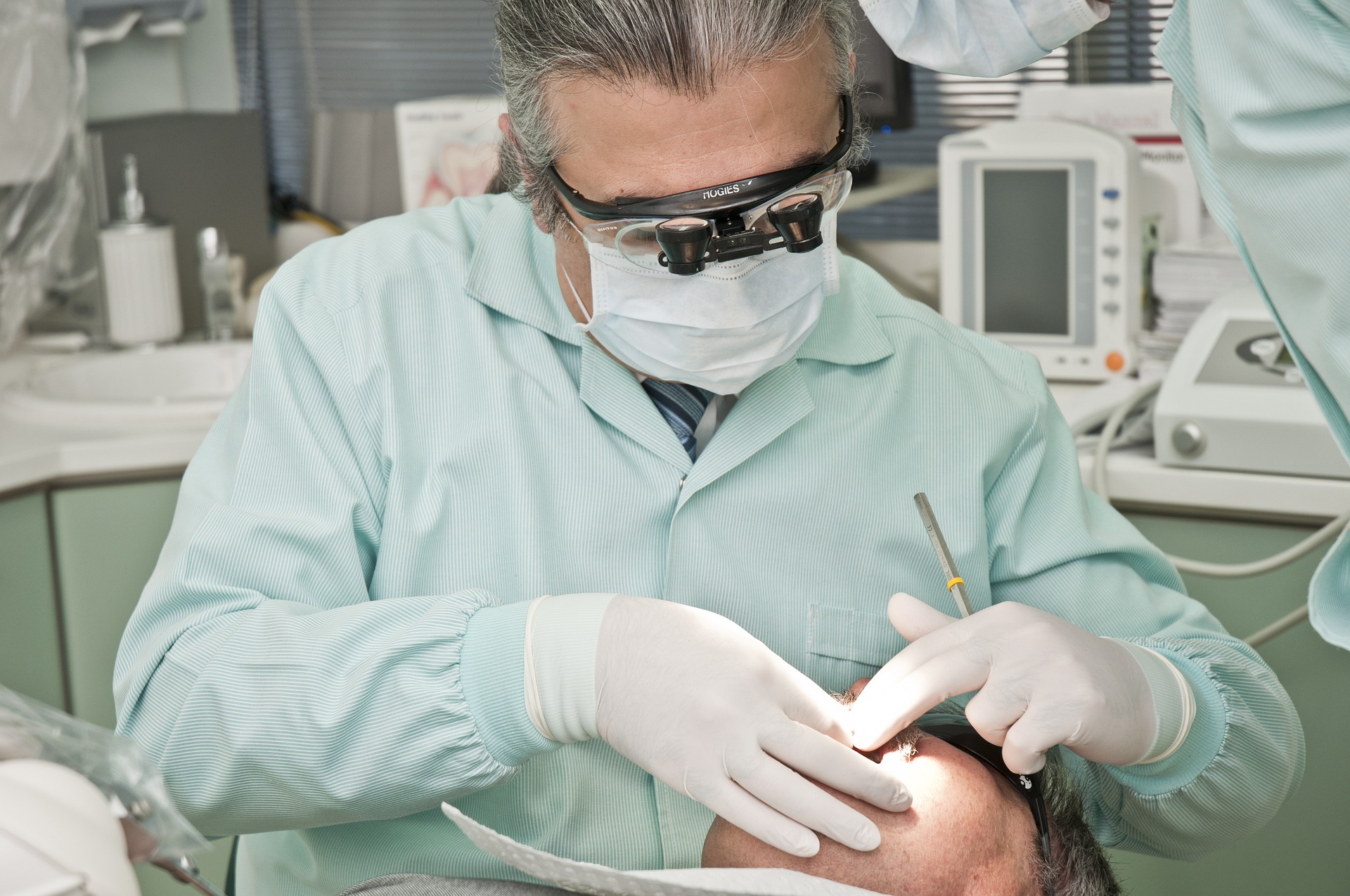Dental Implants Through HSE Dental Scheme: Complete Guide
In Ireland, dental implants through the HSE are typically reserved for patients with serious clinical needs. This guide helps you understand who qualifies, how to get referred, what documentation is needed, and what happens if your request is denied.

Dental implants represent a significant advancement in restorative dentistry, offering a permanent solution for missing teeth. However, accessing these treatments through public healthcare systems requires understanding specific eligibility requirements and navigating complex referral pathways. The Health Service Executive in Ireland provides dental services through various schemes, but coverage for advanced procedures like implants remains limited and subject to strict clinical criteria.
Eligibility for HSE-Funded Dental Work
The HSE dental scheme primarily covers medical card holders and certain vulnerable groups. Medical card eligibility depends on income thresholds, family size, and individual circumstances. Adults with medical cards can access emergency dental care, extractions, and basic restorative work through participating dentists. However, cosmetic or elective procedures typically fall outside standard coverage. Implant treatment through public funding is generally reserved for cases involving significant medical necessity, such as trauma, congenital conditions, or cancer treatment aftercare. Patients seeking implants for routine tooth loss usually need private treatment. The scheme prioritizes essential care, meaning that preventive and emergency services take precedence over advanced restorative options.
Referral Pathway Through Public Clinics
Accessing specialized dental care through the HSE requires a structured referral process. Patients typically begin with their general dentist or HSE dental clinic, where initial assessments determine treatment needs. If implant treatment appears medically necessary, the dentist submits a referral to a hospital dental department or specialist clinic. Referrals must include comprehensive clinical justification demonstrating why conventional treatments are inadequate. Hospital waiting lists for specialist consultations can extend from several months to over a year, depending on regional capacity and case urgency. Priority is given to cases involving facial trauma, cancer reconstruction, or severe functional impairment. Routine tooth replacement cases rarely qualify for public implant services, as removable dentures or bridges are considered adequate alternatives within the public system.
Required Clinical Reports
Successful referrals for publicly funded implant treatment require extensive documentation. Clinical reports must include detailed medical history, current medications, radiographic evidence (typically panoramic X-rays or CT scans), and a clear explanation of why implants are medically necessary rather than cosmetic. Reports should document failed previous treatments, bone quality assessments, and any systemic conditions affecting oral health. Specialists reviewing referrals look for cases where implants would restore essential function, such as eating or speaking, rather than purely aesthetic concerns. Patients may need to provide evidence of bone loss, failed denture retention, or psychological impact assessments. The more comprehensive the clinical documentation, the stronger the case for public funding consideration. However, approval rates remain low for routine cases, with most patients ultimately pursuing private treatment options.
Typical Costs Not Covered
While basic dental care under medical card schemes has minimal or no patient charges, advanced implant treatment involves substantial costs that public schemes rarely cover. Private dental implant treatment in Ireland typically ranges from €1,800 to €3,000 per implant, excluding additional procedures like bone grafting or sinus lifts. Full-mouth reconstruction with implants can exceed €20,000 to €30,000. These figures represent estimates based on current market rates and vary significantly depending on clinic location, dentist experience, and case complexity.
| Treatment Component | Typical Cost Range | Notes |
|---|---|---|
| Single Implant | €1,800 - €3,000 | Includes implant, abutment, crown |
| Bone Grafting | €400 - €1,200 | Required if insufficient bone |
| Sinus Lift | €800 - €2,000 | For upper posterior implants |
| Full Arch Restoration | €10,000 - €30,000 | Multiple implants with fixed bridge |
| CT Scan | €150 - €300 | Pre-surgical planning |
Prices, rates, or cost estimates mentioned in this article are based on the latest available information but may change over time. Independent research is advised before making financial decisions.
Public schemes typically do not cover implant posts, surgical fees, or prosthetic components for routine cases. Even when implants are deemed medically necessary, patients may face charges for materials or laboratory work. Private health insurance policies vary widely in dental coverage, with most offering limited benefits for major restorative work. Patients should verify coverage details directly with insurers before proceeding with treatment.
Alternatives to State-Funded Implant Treatment
For patients unable to access public implant funding, several alternatives exist. Traditional removable dentures remain the most affordable option, with medical card holders receiving these at minimal cost through HSE services. Fixed bridges, which use adjacent teeth as supports, offer a more stable solution than dentures but require altering healthy teeth. Some patients explore dental tourism, traveling to countries with lower treatment costs, though this carries risks regarding follow-up care and quality assurance. Payment plans through private clinics allow spreading costs over time, making treatment more accessible. Dental schools occasionally offer reduced-cost treatment performed by supervised students, though availability is limited. Community health schemes and charitable organizations sometimes assist vulnerable groups with dental costs, though these resources are scarce and highly competitive. Patients should thoroughly research all options, considering long-term maintenance costs and success rates alongside initial expenses.
Understanding the limitations of public dental schemes helps patients make realistic plans for tooth replacement. While the HSE provides essential care, advanced treatments like implants typically require private funding. Exploring eligibility criteria, preparing thorough clinical documentation, and considering alternative treatment pathways ensures patients can access appropriate care within their financial means. Consulting with both public and private dental professionals provides a comprehensive view of available options and realistic timelines for treatment.




